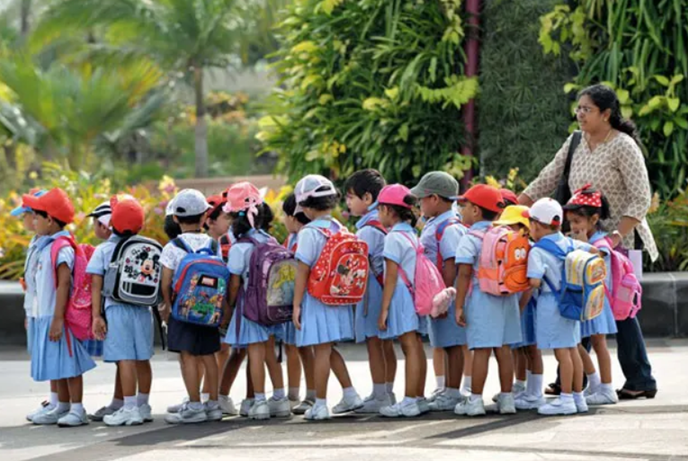In a startling revelation, Singapore and South Korea reported record-low fertility rates in 2023, highlighting a deepening demographic crisis that could have profound economic implications for both nations.
Singapore’s average number of births per woman fell below 1.0 for the first time, dropping to 0.97 in 2023 from 1.04 in 2022. Similarly, South Korea’s fertility rate declined to 0.72 from 0.78 in 2022, according to the respective governments’ reports.
The alarming decline has raised concerns among policymakers. Indranee Rajah, a minister in Singapore’s prime minister’s office, emphasized the challenges ahead, stating, “It will be increasingly challenging to maintain our dynamism, attract global businesses and create opportunities for the next generation.” She attributed part of the decline to disruptions caused by the pandemic on family planning.
Both countries are struggling to reverse the trend despite significant investments. South Korea has spent over $210 billion in the last 15 years on policies aimed at boosting fertility rates, with limited success. President Yoon Suk Yeol has pledged to shift focus towards making childcare and education more affordable, along with supporting parents in balancing work and household commitments. Singapore has implemented similar measures, including raising the Baby Bonus Cash Gift and increasing paternity leave.
The situation mirrors Japan’s declining birth rate, which reached a record low in 2023. Chief Cabinet Secretary Yoshimasa Hayashi described the situation as “a critical situation” and vowed to take “unprecedented steps” to address it, emphasizing that the next six years are Japan’s “last chance” to stem population decline.
In Taiwan, the fertility rate has been steadily decreasing, reaching 0.87 births per woman in 2022. The National Development Council has identified delayed or forgone marriages as contributing factors and has pledged to make children’s education more affordable and employment more flexible to encourage childbirth.
The declining fertility rates in Singapore, South Korea, Japan, and Taiwan underscore a pressing need for innovative policies to address demographic challenges and ensure sustainable economic growth in the future.
(Source: VnExpress International | Deccan Herald | Nikkei Asia)









